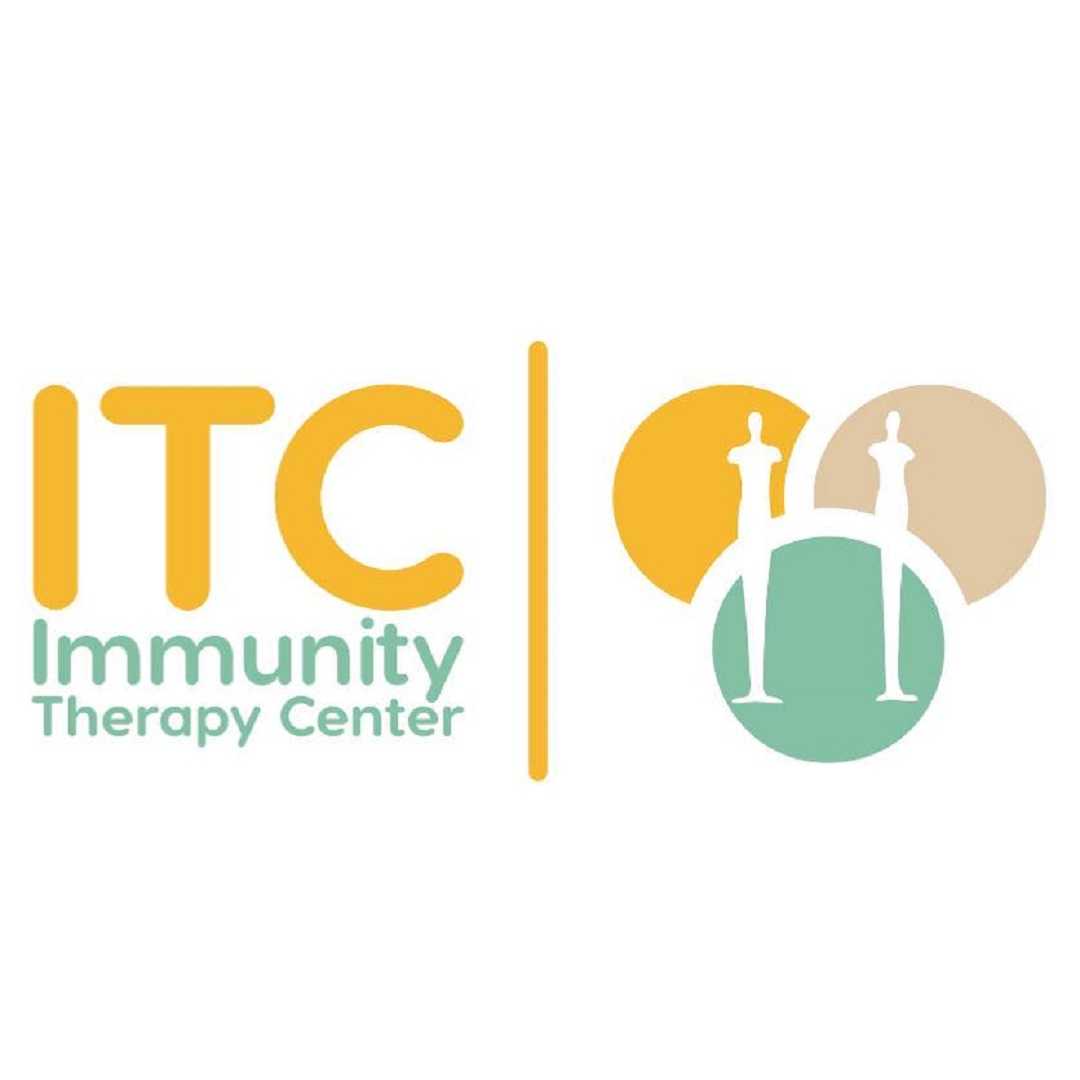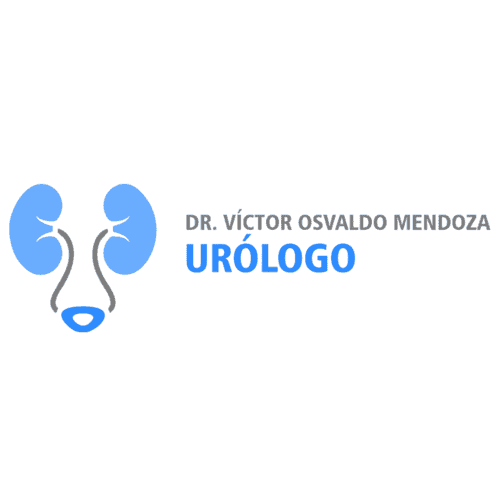.png)
For many Americans facing cancer, the journey brings physical, emotional, and financial challenges. While the US offers world-class care, the high cost of treatments like immunotherapy leaves many searching for alternatives. Increasingly, patients are turning to Cancer Immunotherapy in Mexico, where leading clinics provide advanced care at a fraction of US costs—delivering hope, quality, and safety.
Key Takeaways
-
Massive Cost Savings: US patients can expect to save 50-70% on cancer immunotherapy treatments in Mexico compared to the prices in the United States.
-
Access to a Wider Range of Therapies: Mexico's regulatory framework often allows for the availability of diverse and innovative immunotherapies, including some that may still be in lengthy FDA approval pipelines in the US. This includes dendritic cell vaccines, NK cell therapy, and specific checkpoint inhibitors.
-
No Wait Times and Personalized Care: Unlike the often lengthy wait times for specialist appointments and treatments in the US, Mexican cancer centers can typically provide immediate access to care. They are known for a patient-centric approach that emphasizes personalized treatment protocols.
-
Cost Comparison for Immunotherapy (per treatment cycle):
-
Mexico: $3,000 - $7,000 USD
-
United States: $20,000 - $30,000+ USD (often exceeding $150,000 for a full course)
-
Canada (Private): $15,000 - $25,000 USD
-
Germany: $10,000 - $20,000 USD
-
Understanding Cancer Immunotherapy
Immunotherapy is a revolutionary type of cancer treatment that empowers the patient’s own immune system to recognize and eliminate cancer cells. Instead of attacking the cancer directly like chemotherapy or radiation, it 'takes the brakes off' the immune system, allowing it to launch a more effective and targeted assault on tumors.
The immune system is the body's natural defense force, but cancer cells are notoriously clever at evading it. They can disguise themselves as healthy cells or produce signals that deactivate immune cells. Immunotherapy encompasses a range of treatments designed to counteract these tactics. Common types available in leading Mexican clinics include:
-
Immune Checkpoint Inhibitors: These are the most widely used form of immunotherapy. They are drugs that block "checkpoint" proteins on immune cells (like T-cells), essentially releasing a brake that cancer cells use to switch them off. Popular examples include Pembrolizumab (Keytruda) and Nivolumab (Opdivo).
-
CAR T-cell Therapy: This highly advanced therapy involves extracting a patient's T-cells, genetically engineering them in a lab to produce Chimeric Antigen Receptors (CARs) that are specifically designed to target the patient's cancer, and then reinfusing these "supercharged" cells back into the body.
-
Dendritic Cell Vaccines: A personalized cancer vaccine where a patient's dendritic cells (the "generals" of the immune army) are extracted, exposed to cancer antigens in a lab to "train" them, and then reintroduced to the body to lead a precise attack against the cancer.
-
Natural Killer (NK) Cell Therapy: This therapy involves isolating and expanding a patient's NK cells, which are a type of white blood cell that can kill tumor cells directly without prior sensitization.
.png)
Why Are US Patients Flocking to Mexico for Immunotherapy?
The decision for American patients to seek cancer treatment in Mexico is overwhelmingly driven by the intersection of accessibility, affordability, and advanced options. It’s a pragmatic choice for those facing insurmountable costs, long delays, or a lack of available treatment protocols for their specific cancer type in the US.
The key drivers behind this medical tourism trend are clear:
-
Extreme Cost Disparity: The number one factor is the cost. A full course of immunotherapy can easily top $200,000 in the US. In Mexico, the same or similar treatment protocols can be obtained for a fraction of that price, often making the difference between receiving treatment or not.
-
Access to a Broader Spectrum of Therapies: Due to a more agile regulatory environment, clinics in Mexico may offer therapies that are not yet widely available in the US or are only accessible through restrictive clinical trials. This is particularly true for innovative treatments like certain dendritic cell vaccines and combination therapies.
-
Immediate Availability: For cancers that progress rapidly, time is of the essence. US patients can face weeks or even months of waiting for consultations with top oncologists and the initiation of treatment. In Mexico, the process is typically much faster, with treatment often beginning within days of the initial consultation.
-
High Standards of Care: Reputable Mexican cancer centers are staffed by highly qualified, often US-trained and board-certified oncologists. Many of these facilities boast JCI (Joint Commission International) accreditation, adhering to the same high standards of patient safety and care as top US hospitals.
-
Geographic Proximity and Ease of Travel: For most Americans, Mexico is a short and relatively inexpensive flight away, making it a much more convenient option than traveling to Europe or Asia for medical care. Many border cities are even accessible by car.
Did You Know? The concept of immunotherapy is not new. In the late 19th century, a surgeon named William B. Coley discovered that injecting bacteria into cancer patients could sometimes shrink their tumors by stimulating a powerful immune response. His work laid the foundation for modern cancer immunotherapy.
Are You a Good Candidate for Immunotherapy?
Determining candidacy for immunotherapy is a complex process that depends on the type and stage of cancer, specific tumor biomarkers, and the patient's overall health. A detailed evaluation by an experienced oncologist is essential to create an effective and safe treatment plan.
Key factors for consideration include:
-
Type of Cancer: Immunotherapy has shown remarkable success in treating cancers like melanoma, lung cancer, kidney cancer, bladder cancer, and certain types of lymphoma. Its application is rapidly expanding to other cancers as well.
-
Tumor Biomarkers: The presence of certain proteins, like PD-L1, or genetic markers, such as high tumor mutational burden (TMB), can predict how well a tumor might respond to checkpoint inhibitors.
-
Previous Treatments: It is often considered for patients whose cancer has not responded to or has returned after standard treatments like chemotherapy and radiation.
-
Overall Health Status: Patients should have adequate organ function and be free from active autoimmune diseases, which could be worsened by stimulating the immune system.
.png)
The Immunotherapy Process in Mexico: A Patient's Journey
The process of receiving immunotherapy in Mexico is designed to be seamless and reassuring for international patients. From the first point of contact, a dedicated team works to ensure all medical and logistical needs are met with professionalism and compassion.
A typical patient journey involves the following steps:
-
Initial Inquiry and Medical Review: The process begins with a remote consultation. The patient or their family provides comprehensive medical records, including pathology reports, imaging scans, and treatment history.
-
Personalized Treatment Plan: A multidisciplinary team of oncologists in Mexico reviews the records and develops a tailored treatment protocol. This plan outlines the recommended type of immunotherapy, treatment duration, expected outcomes, and a transparent, all-inclusive cost estimate.
-
Travel and Accommodation Coordination: Patient coordinators, often through a medical travel partner like PlacidWay, assist with all logistics. This includes scheduling appointments, providing visa assistance if needed, and recommending convenient accommodation options near the clinic.
-
On-Site Consultation and Assessment: Upon arrival, the patient meets with their lead oncologist for a thorough physical examination and final consultation before treatment begins. Any necessary baseline tests are conducted at this time.
-
Treatment Administration: Immunotherapy is most often administered intravenously (IV) in a comfortable outpatient setting. The frequency of infusions can range from every two to six weeks, depending on the specific drug and protocol.
-
Monitoring and Aftercare: Patients are closely monitored for side effects during and after treatment. Upon returning to the US, the Mexican medical team coordinates with the patient's local doctor to ensure continuity of care and long-term follow-up.
The Financial Reality: Cost of Immunotherapy in Mexico vs. the US
The financial relief of receiving treatment in Mexico cannot be overstated. For many Americans, it is the single most important factor, removing the crushing burden of medical debt and allowing them to focus on healing.
Expert Insight: "The tragedy of the US healthcare system is that we have incredible, life-saving drugs that are financially toxic. A cancer diagnosis is devastating enough without the patient having to consider bankruptcy to access treatment. Mexico provides a critical safety valve. At accredited centers, patients can receive the exact same FDA-approved drugs, administered by world-class doctors, for a price that is actually manageable. It’s not about 'cheap' healthcare; it's about accessible, high-value healthcare."
Frequently Asked Questions (FAQ)
Is immunotherapy safe? What are the side effects?
Immunotherapy is generally considered safe, but by activating the immune system, it can sometimes cause it to attack healthy tissues. Side effects can range from mild (fatigue, rash, diarrhea) to more severe autoimmune reactions. Experienced oncology teams in Mexico are experts at managing these side effects.
Are the immunotherapy drugs in Mexico the same as in the US?
Yes, leading Mexican cancer centers use the same FDA-approved immunotherapy drugs (like Keytruda, Opdivo, Yervoy) from major pharmaceutical companies that are used in the United States.
How do I choose a reputable cancer clinic in Mexico?
Look for internationally recognized accreditations like JCI. Research the credentials and experience of the medical staff. Read patient testimonials and consider working with a trusted medical tourism facilitator like PlacidWay, which vets and partners with top-tier hospitals.
Will my US oncologist work with a doctor in Mexico?
Many US oncologists are open to collaborating with international colleagues to ensure continuity of care. It is important to have an open discussion with your doctor. The Mexican clinic will provide detailed medical records of all treatments received for your US-based team.
How long do I need to stay in Mexico for treatment?
This depends entirely on your personalized treatment plan. Some protocols may require an initial stay of one to two weeks, followed by return trips every few weeks for subsequent infusions. Other therapies might involve a longer initial stay.
Does immunotherapy work for all cancers?
Immunotherapy is not a universal solution for all cancers, but its effectiveness is proven across a rapidly growing list of cancer types. Its success often depends on the specific characteristics of the tumor. A detailed medical evaluation is required to determine if it's a viable option for your specific case.
Your Journey to Hope and Healing Starts Here with PlacidWay
Facing a cancer diagnosis is difficult, but navigating your treatment options shouldn't have to be. PlacidWay is dedicated to connecting US patients with the world's best and most affordable medical care. We can bridge the gap between you and the leading cancer immunotherapy centers in Mexico. Providing detailed profiles of accredited clinics and experienced oncologists.
Don't let cost be a barrier to accessing life-saving treatment. Contact PlacidWay today to explore your immunotherapy options in Mexico.


.png)




.png)
.png)
.png)
.png)






Share this listing